Legal Blog Articles & Helpful Information
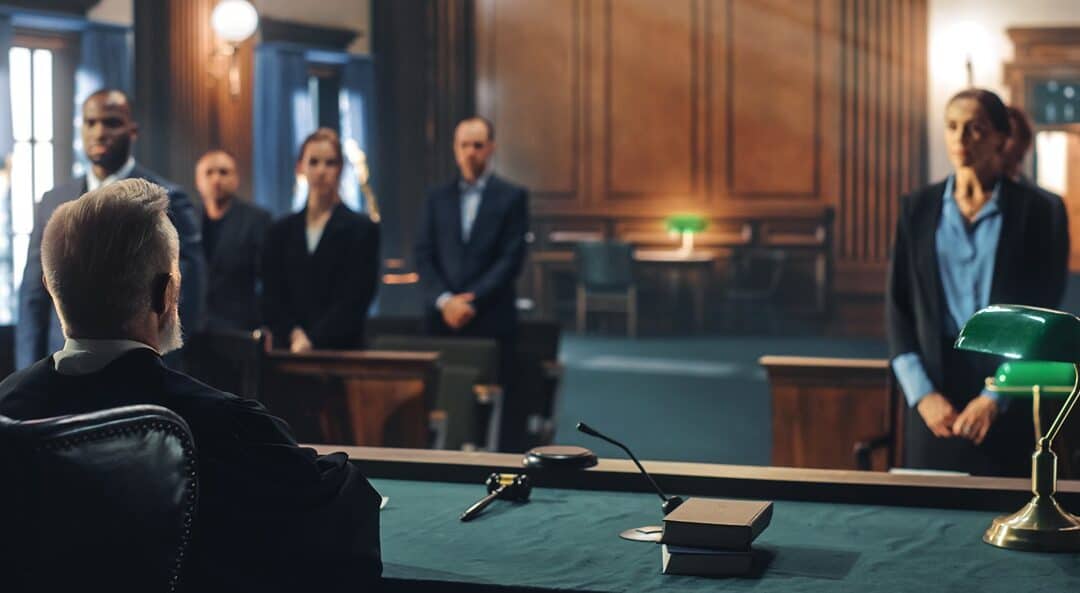
How Does Domestic Violence Impact a Child Custody Case
When domestic violence is substantiated, the court may enforce strict limitations on the offending parent’s interaction with the child, such as requiring supervised visitation or, in severe cases, completely terminating parental rights. The primary objective is to safeguard the child from any further harm while evaluating whether maintaining a relationship with both parents is feasible and safe.

Is it Illegal to Burglarize an Abandoned Building in Arizona
Despite common misconceptions, entering an abandoned property can still result in serious criminal charges such as trespassing, burglary, or theft. Arizona law does not differentiate between occupied and unoccupied buildings when it comes to burglary; if you unlawfully enter with intent to commit a crime, you may face severe penalties. The article also clarifies related concepts like theft, trespassing, and squatter’s rights, explaining how each can apply in situations involving abandoned properties.

DUI and Underage Drinking at Salt River
DUI and underage drinking at Salt River in Arizona can lead to severe legal consequences, making it important to understand the laws and enforcement practices in this popular recreational area. Arizona’s strict DUI laws include various charges, from Standard DUI to Aggravated DUI, each carrying heavy penalties such as jail time, fines, and license suspension. Law enforcement intensifies patrols and sets up DUI checkpoints around Salt River, particularly during peak seasons, to monitor and prevent alcohol-related offenses.

Is Your Car Street Legal? Avoiding Criminal Charges for Illegal Vehicle Modifications Under Arizona Law
Arizona residents often seek to enhance performance, appearance, or personal comfort when modifying a vehicle. However, certain illegal vehicle modifications can lead to tickets or penalties if they do not comply with state regulations. At Colburn Hintze Maletta, we understand that most drivers with modified vehicles are responsible and safety-conscious. We are here to defend your rights if you’re facing charges related to your vehicle modifications.

Surrogacy Laws in Arizona: Legal Implications and Options for Prospective Parents
Unlike many states where surrogacy agreements are enforceable under specific regulations, Arizona law strictly prohibits these contracts, ensuring that surrogate mothers retain their parental rights. At Colburn Hintze Maletta, our experienced family law attorneys understand the complex legal laws of surrogacy in Arizona.
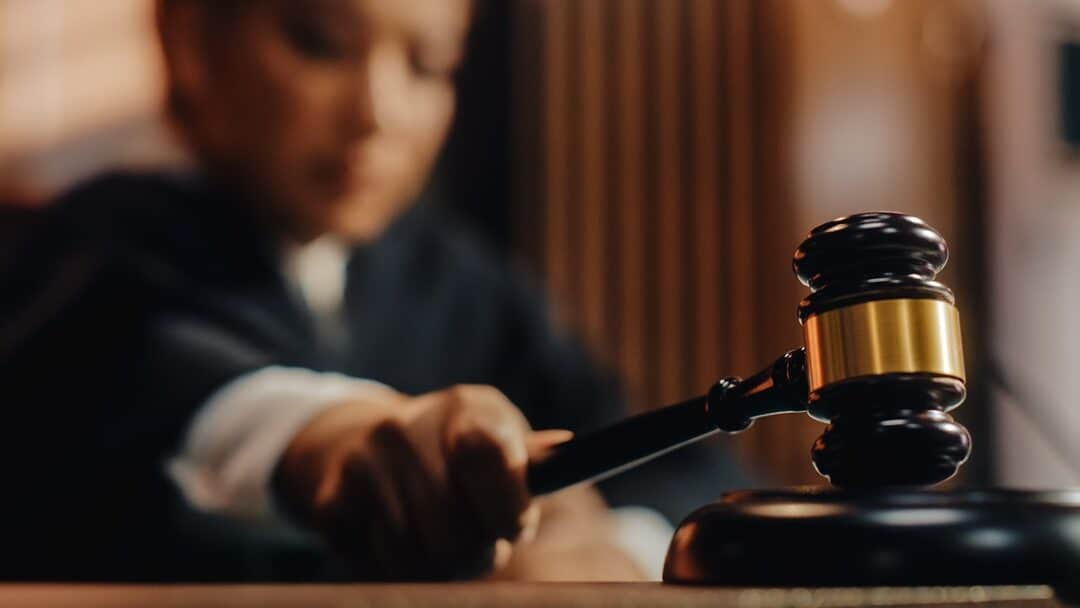
Maricopa County Attorney’s Office declines to prosecute Gilbert mother over child’s death
The Maricopa County Attorney’s Office has chosen not to prosecute a Gilbert mother and another individual following the death of her 22-month-old child in 2023, which the county medical examiner determined was due to natural causes
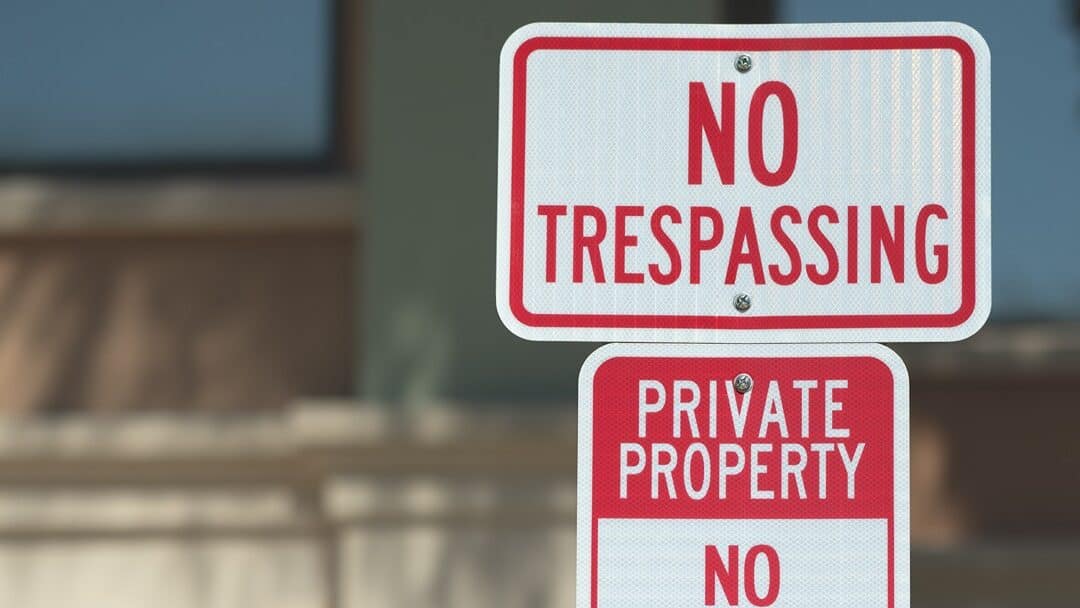
What are the Elements of Criminal Trespassing?
In Arizona, trespassing is defined as knowingly entering or remaining unlawfully on any property after being explicitly told by the property owner or occupant, through signage or personal communication, that entry is prohibited. Arizona’s statutes outline different degrees of trespassing, each with specific criteria that distinguish them based on the property type, the trespasser’s actions, and the presence of any aggravating factors.
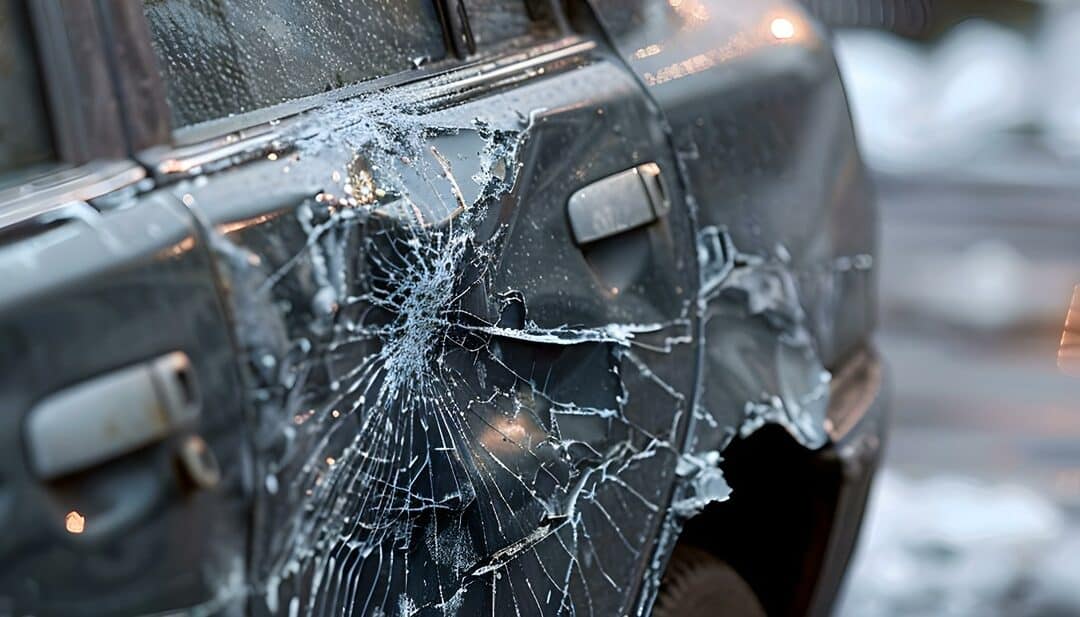
Arizona Vandalism Charges and Penalties
Vandalism in Arizona, defined under A.R.S. § 13-1602, includes actions like graffiti, breaking windows, and damaging signs. The law distinguishes between standard and aggravated criminal damage, with the latter involving higher damage thresholds or targeting specific properties, such as utilities or religious sites. Penalties for vandalism vary based on the severity of the offense, ranging from misdemeanors to felonies. For instance, damage exceeding $10,000 is classified as a Class 4 felony, carrying up to 3.75 years in prison. Other factors, like promoting criminal activity, can also elevate the charges.
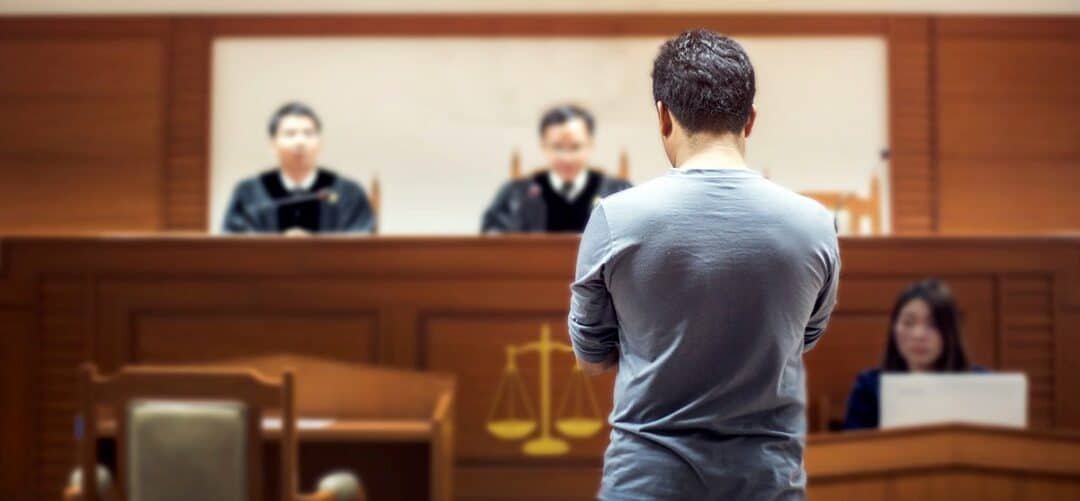
What is a Pro Per Party? The Advantages of Hiring a Divorce Attorney When Going Through a Divorce
Navigating a divorce can be an emotionally and legally complex process. In Arizona, individuals can represent themselves by acting “pro per.” While this can save money upfront, it often comes with significant risks and challenges. Contact Colburn Hintze Maletta for expert guidance and support through the divorce process.

What Does “Destruction of Property” Mean in Arizona Law
Destruction of property in Arizona, defined under A.R.S. § 13-1602, includes reckless or intentional damage to another’s property, utility property, and acts of graffiti. Penalties vary based on the damage’s value, ranging from misdemeanors to felonies. Common examples include vandalism, such as graffiti or breaking windows. Potential defenses include proving lack of intent, mistaken identity, or consent from the property owner.
